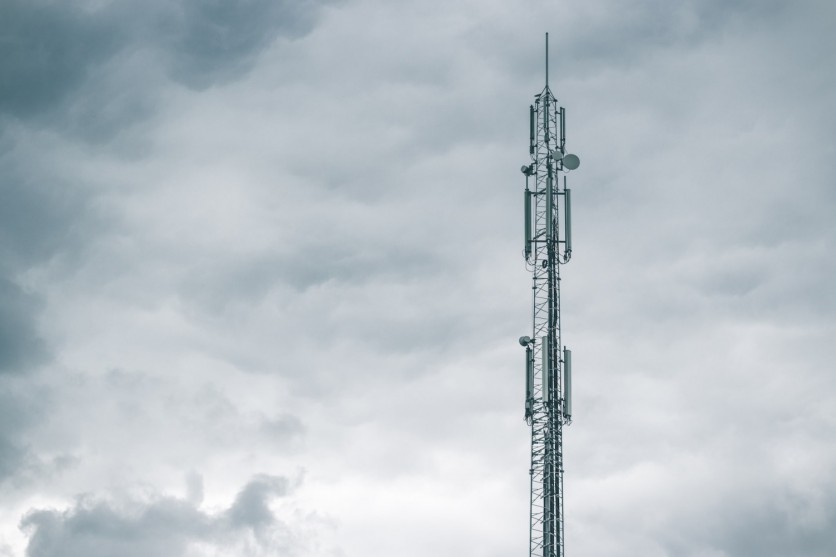The Federal Communications Commission (FCC) has warned that the current telecom service providers could face expulsion if they fail to comply with their regulations as part of the nationwide crackdown on robocalls.
The federal agency announced on Monday, Oct. 3 that it will remove seven voice service providers (VoIPS) for non-compliance with their protocols.
There's a need to take a huge step to avoid getting removed from the database. It's by complying with the requirements and initiating effective mitigation steps to combat scam calls in the country.
FCC to Block VoIPs on Key Database

According to Mashable, FCC started to weed out ineffective VoIPs earlier this week if they fail to comply with the agency's efforts and requirements.
The seven VoIPs which are on the verge of getting kicked out include Akabis, Cloud4, Global UC, Horizon Technology Group, Morse Communications, Sharon Telephone Company, and SW Arkansas Telecommunications and Technology.
As a matter of fact, FCC has been fighting non-stop robocalls in America which have been plaguing millions of users. Last year, the FCC discovered that there were five million complaints about these scam calls.
According to FCC Chairwoman Jessica Rosenworcel, if telecom service providers fail to comply with their obligations under the law, they will automatically get expelled from the phone network database in America.
"Fines alone aren't enough. Providers that don't follow our rules and make it easy to scam consumers will now face swift consequences," Rosenworcel added.
Related Article: How To Prevent Robocalls Annoying Intrusion? Here Are FCC's Tips
How Can Telecom Providers Avoid this Loophole?
With FCC becoming stricter on all network providers, each company is now required to roll out its own framework of preventive measures known as STIR/SHAKEN. These set of identification standards will be tied up with the Robocall Mitigation database.
In this way, the FCC will know if the in-and-out calls are legitimate. These standards are also an efficient way to detect if there's an anomaly on the part of the providers.
In the next 14 days, the carriers should comply with these requirements to combat rampant robocalls in the country. If they miss out to meet these needs, the federal agency will immediately block them from catering their services to the customers.
In an interview with Mashable, Cloud director Basant Tomar acknowledged the requirements from FCC. He said that the company is "a hundred percent stir and shaken compliant" yet they haven't updated the Robocall Mitigation Database.
Meanwhile, Cooley reported that FCC released an NPRM (notice of proposed rulemaking) in line with the regulatory measures that will reduce scam and spam SMS.
In India, robocall cases are at an all-time high. Because it's a headache on the part of the telecom regulator and provider, the government has finally imposed regulatory adjustments to eliminate robocall scams in the country.
Read Also: SIM Swapping Scam: FCC Wants to Amend Current Rules to Prevent Hackers From Exploiting Phone Numbers
This article is owned by Tech Times
Written by Joseph Henry
ⓒ 2026 TECHTIMES.com All rights reserved. Do not reproduce without permission.




